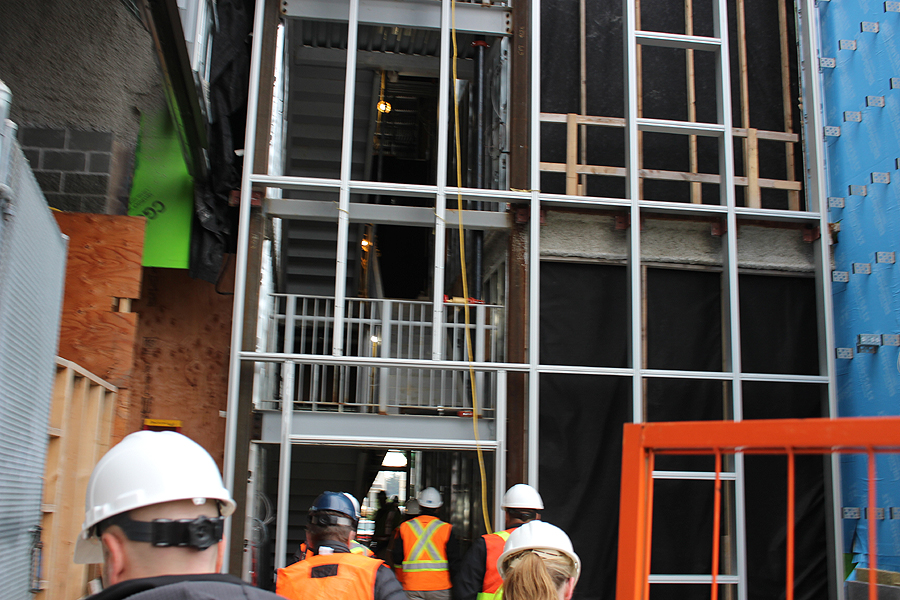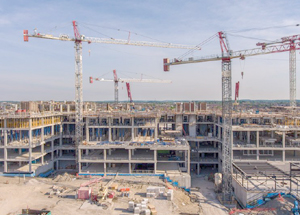Thursday August 6, 2020 | NORTH VANCOUVER, BC
Mary Brooke, editor | West Shore Voice News
Canada’s communities are on the frontlines of the COVID-19 pandemic and need immediate help as they adjust their public infrastructure priorities to our new reality.
As part of continuing decisive action to address the pandemic, the Government of Canada supports building up modern, efficient and sustainable public infrastructure that ensures the health and safety of our communities, stabilizes our economy and provides access to essential services for all Canadians.

Today, the Honorable Jonathan Wilkinson, Minister of Environment and Climate Change (MP for North Vancouver) announced that British Columbia now has the option to allocate up to $412,968,016, representing 10% of its total allocation under the Investing in Canada infrastructure program, towards projects under a new COVID Resilience funding stream.
This follows the announcement on July 30 by the Honourable Catherine McKenna, Minister of Infrastructure and Communities, of changes to the program to help address the current health crisis through quick-start, short-term projects.
Wide range of possible projects:

Whether upgrading hospitals, long-term care homes and schools to deal with social distancing requirements, building new parks, cycling and walking paths to help Canadians stay healthy, active and safe, or supporting disaster mitigation projects that protect against floods and fires, these changes will help get more infrastructure projects underway faster, while continuing to support our long-term goals of building sustainable, economically vibrant, low-carbon, and inclusive communities.
Up to 80% federal share:
Projects under the new stream will be eligible for a significantly larger federal cost share – up to 80 per cent for provinces, municipalities and not-for-profit organizations in provinces, and raising it to 100 per cent for remote, northern and territorial projects designated under the new stream. In addition to the new time-limited stream, a simplified application process for funding will ensure that projects can get underway as soon as possible.
This is a significant increase beyond the typical cost-sharing mechanism which was often in thirds (federal, provincial and municipal shares if a local project) or half and half (federal and provincial, if a provincial project such as highways).
These changes will benefit communities of all sizes, including rural Canada. Rural and remote communities will have access to funding for mobile and cellular projects, for example, ensuring that the most urgent and needed projects are prioritized with a higher federal cost-share.




